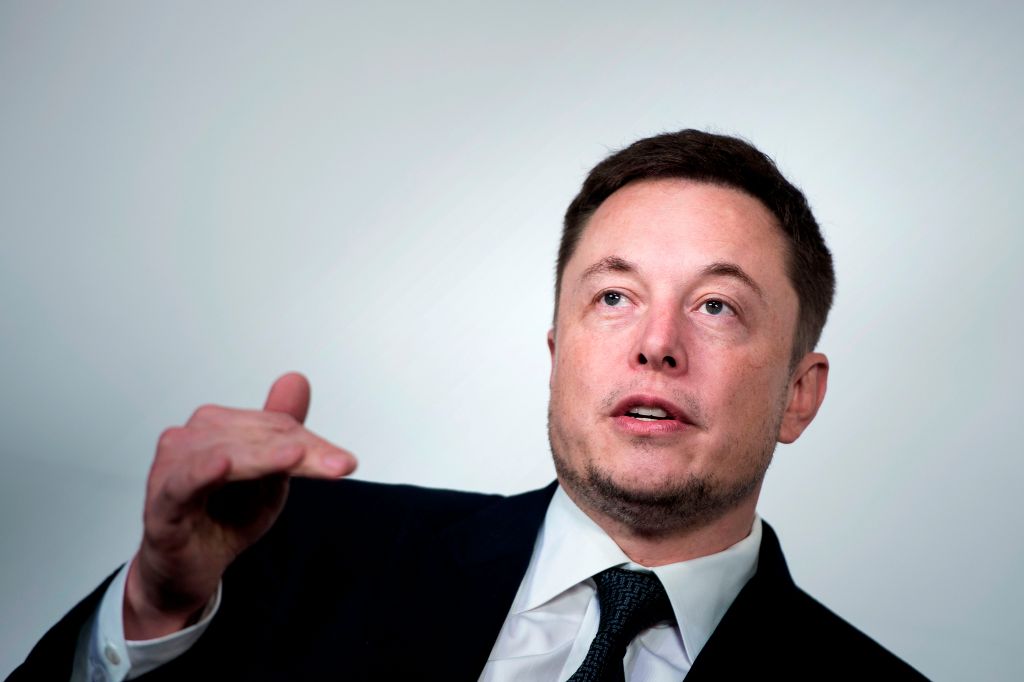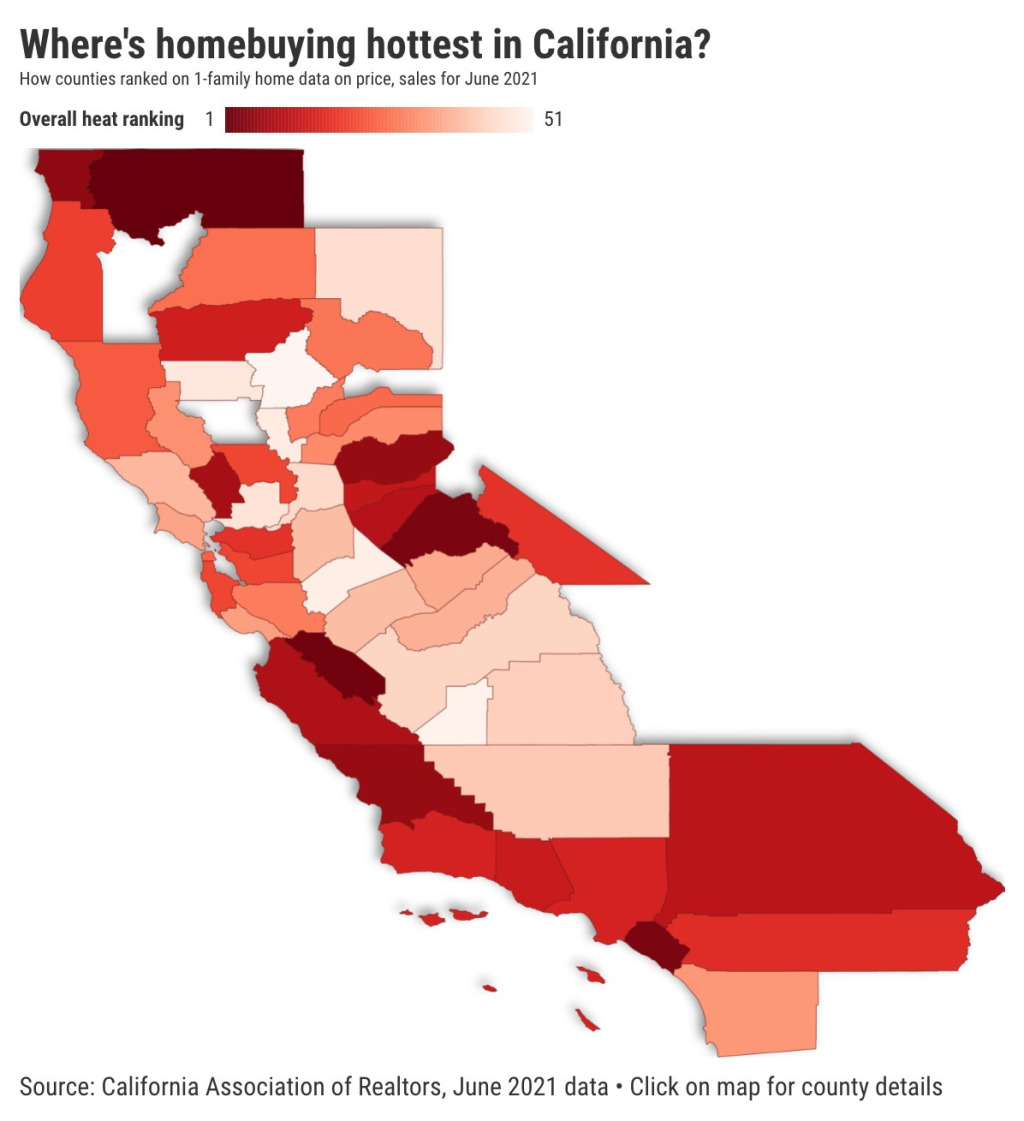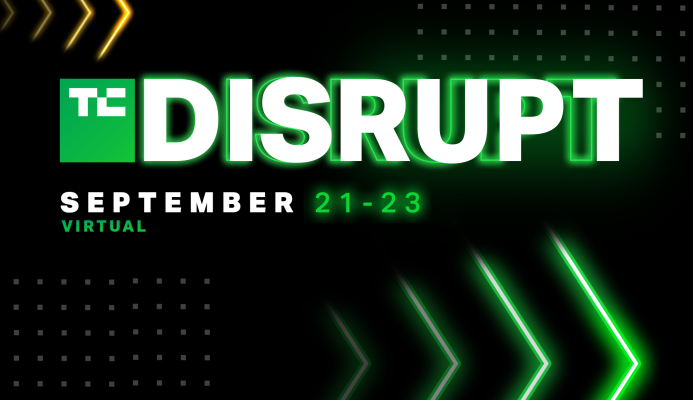In a blockbuster move Thursday, the U.S. Securities and Exchange Commission filed fraud charges against Tesla Chief Executive Elon Musk, and is seeking to ban the electric-car maker’s high-profile boss from running any publicly traded company.
Filed in the U.S. District Court for the Southern District of New York, the charges are related to Musk’s August announcement that he wanted to take Tesla private for $420 a share. Musk dropped the bombshell idea in an August 7 tweet in which he said he had “funding secured” to take Tesla private, but provided no financing details at that time.
“Neither celebrity status, nor reputation as a technological innovator, provide an exemption from the federal securities laws,” said Stephanie Avakian, co-director of enforcement for the SEC, during a press conference Thursday.
Am considering taking Tesla private at $420. Funding secured.
— Elon Musk (@elonmusk) August 7, 2018
According to the SEC, Musk’s statements “falsely indicated that, should he so choose, it was virtually certain that he could take Tesla private at a purchase price that reflected a substantial premium over Tesla stock’s then-current share price, that funding for this multi-billion dollar transaction had been secured, and that the only contingency was a shareholder vote.”
The SEC added that, “In truth and in fact, Musk had not even discussed, much less confirmed, key deal terms, including price, with any potential funding source.”
In a statement given to this news organization, Musk called the SEC’s actions “unjustified” and said they leave him “deeply saddened and disappointed.”
“I have always taken action in the best interests of truth, transparency and investor,” Musk said. “Integrity is the most important value in my life and the facts will show I never compromised this in any way.”
The SEC’s lawsuit comes a couple of weeks after Musk declared the company is in “delivery logistics hell,” responding to complaints that some Model 3 buyers are facing delivery delays. That follows what he said in June were the “most excruciating, hellish few months” of production for the Palo Alto company’s latest vehicles.
Also, Tesla has been bleeding executives. The departure of Liam O’Connor, vice president of global supply management, was reported last week, and followed the exits of the company’s chief accountant, vice president of worldwide finance, vice president of communications and human resources director, just to name a few.
In addition to his original tweet about wanting to take Tesla private for $420 share, the SEC said Musk made several other “false and misleading” statements on the first day of his go-private efforts. The SEC said that among these were Musk tweeting:
- “Shareholders could either to [sic] sell at 420 or hold shares & go private.”
- “Investor support is confirmed. Only reason why this is not certain is that it’scontingent on a shareholder vote.”
- “My hope is *all* current investors remain with Tesla even if we’re private.Would create special purpose fund enabling anyone to stay with Tesla.”
In its suit, the SEC said it believes Musk “knew or was reckless in not knowing that each of these statements was false and/or misleading because he did not have an adequate basis in fact for his assertions.”
The SEC’s charges only pertain to Musk’s role as CEO of Tesla, or other publicly traded companies, and don’t involve his position as CEO of space exploration company SpaceX.
Joseph Grundfest, a Stanford Law School professor of law and business, said that it’s important to note that the SEC’s charges are against Musk, and not Tesla. As such, Grundfest said the “challenge will be to fashion a remedy that punishes Musk, but doesn’t cause harm to Tesla shareholders.”
Grundfest, who is a former SEC commissioner, said the case involving Musk is “unusual” for several reasons, such as the speed in which the SEC levied its charges against Musk, and the fact that cases such as these are often settled at the same time the SEC announces it charges.
Because of that, Grundfest said there are better-than-average odds that Musk may see the inside of a federal courtroom as the SEC pursues the case.
“If Musk is committed to going to trial, that won’t be a pretty picture,” Grundfest said. “Then, it will be about Musk’s mental state.”
Tim Bajarin, president of tech research firm Creative Strategies, said that the SEC charges might not be the “death knell” for Musk at Tesla, “but he could be forced from his CEO role and have his overall influence constrained. Tesla needs a CEO who also has a great operational background to get the company to its next level and not always be at the center of controversy and conflict.”
The SEC also said Musk’s actions caused “significant confusion and disruption in the market for Tesla’s stock and resulting harm to investors.” On Aug. 6, the day before Musk’s announcement, Tesla’s shares had finished trading at $341.99, and by the close of trading on Aug. 7, Tesla’s shares had risen almost 11 percent, to $379.75.
However, as questions about Musk’s ability to finance a plan to take Tesla private continued to rise, including the role of Saudi Arabia’s sovereign wealth fund in such a proposal, Tesla’s stock price began to head south. Musk’s case wasn’t helped by an emotional interview with the New York Times that left some investors and Tesla watchers questioning whether he was cracking under the pressure of running Tesla and SpaceX. By the time Musk pulled the plug on his plan to take Tesla private, on August 27, Tesla’s shares had fallen to $319.27.
After closing Thursday’s regular trading session at $307.52, Tesla shares fell as much as 11 percent in after-hours trading after the report that the SEC has sued Musk.










